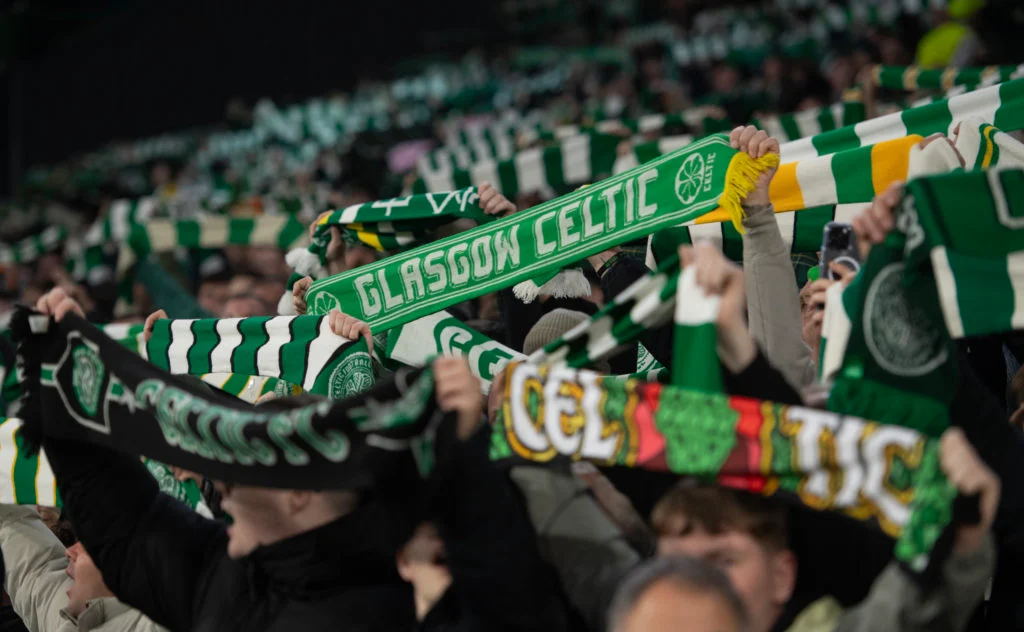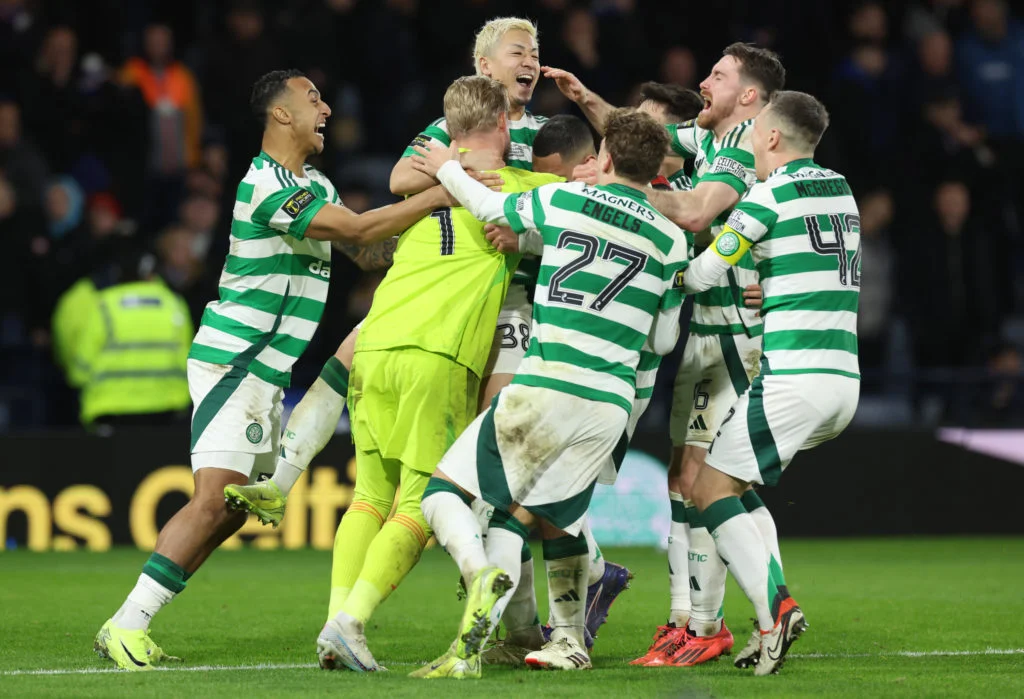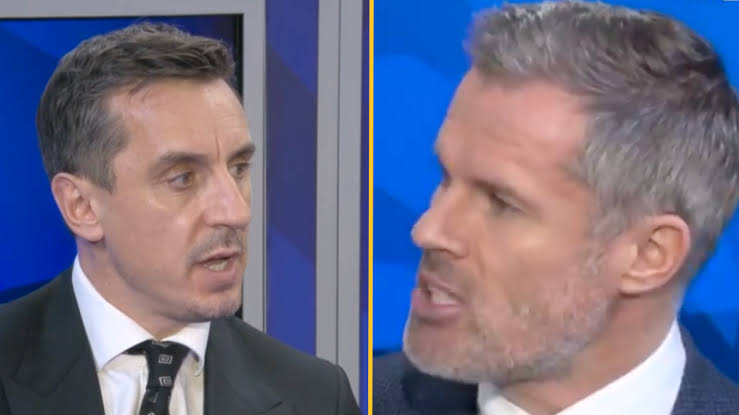The journey of Celtic in the Champions League has been a rollercoaster of highs and lows, showcasing the unpredictable nature of European football. While they endured a shattering defeat at the hands of Borussia Dortmund, conceding seven goals in a nightmare match, their subsequent triumph over RB Leipzig under the guidance of Brendan Rodgers was nothing short of extraordinary. Many fans and pundits hailed this victory as one of the club’s best-ever performances in Europe, highlighting the team’s resilience and determination in the face of adversity.

Fortunately, Celtic’s encounter with Dortmund was a one-off affair, thanks to the new Champions League format that limits repetitive matchups between teams. This change has been crucial for clubs like Celtic, who may have struggled in the past to progress beyond the group stages due to the stiff competition. The altered structure now offers them a fair shot at reaching the knockout phase, setting the stage for a potential two-legged play-off game that could propel them to the coveted round of 16.

Jamie Carragher, a former footballer turned pundit, has been vocal in his support of the revamped Champions League format, citing Celtic as a prime example of why the change was necessary. Despite facing financial disparities compared to some of their European counterparts, Celtic’s recent performances have reflected the positive impact of the new system, which emphasizes the significance of every match and rewards teams for their consistent efforts on the field.

Conversely, Gary Neville, another esteemed figure in the footballing world, has expressed reservations about the new format, admitting that he hasn’t quite embraced it as enthusiastically as some of his counterparts. Neville’s uncertainty stems from a perceived lack of intensity and intrigue in certain matches, raising concerns about the overall excitement and drama that the new format aims to deliver.

As opinions on the revised Champions League structure continue to diverge, the contrasting perspectives from Carragher and Neville underscore the ongoing debate surrounding the evolution of European football competitions. While some view the changes as a necessary step to enhance competitiveness and engagement, others remain cautious about the potential drawbacks and implications for the sport as a whole. Only time will tell how the new format ultimately shapes the future of the Champions League and its impact on clubs like Celtic striving to make their mark on the European stage.



